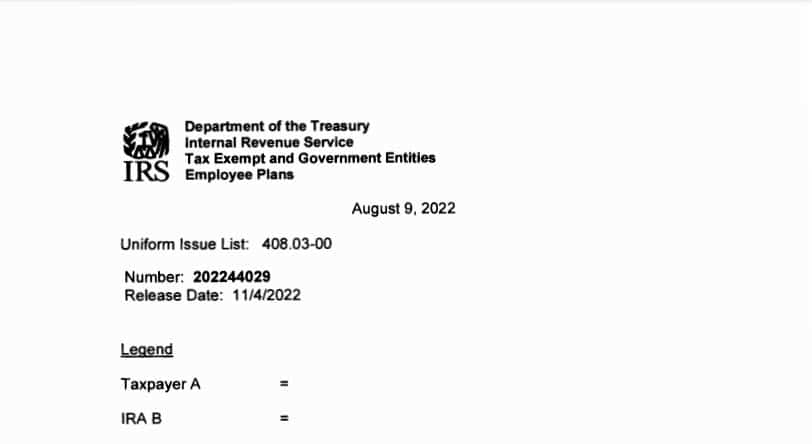IRS Grants Waiver of 60-Day Requirement for Fraud Victim to Make Rollover Contribution
The Internal Revenue Code provides the IRS with authority to waive the 60-day IRA rollover requirement “where the failure to waive such requirement would be against equity or good conscience, including casualty, disaster, or other events beyond the reasonable control of the individual subject to such requirement.” See generally Accepting Late Rollover Contributions. The IRS…



